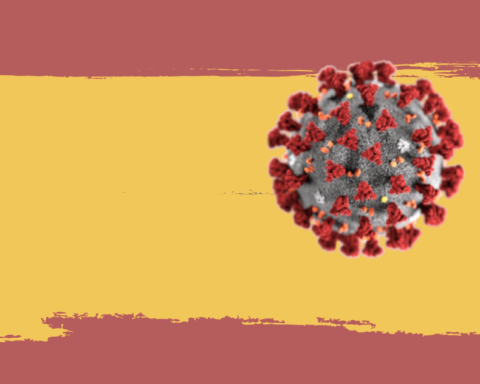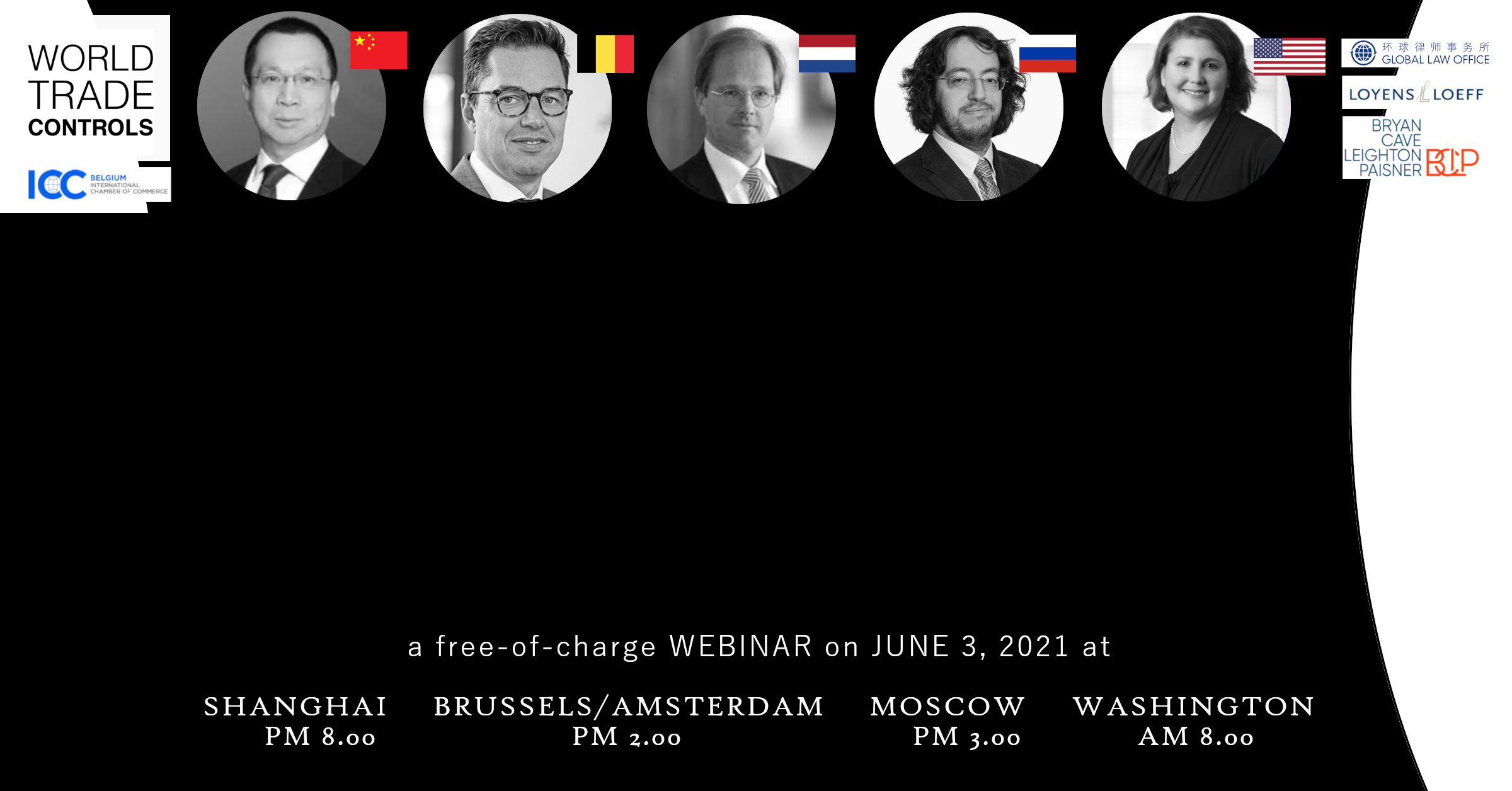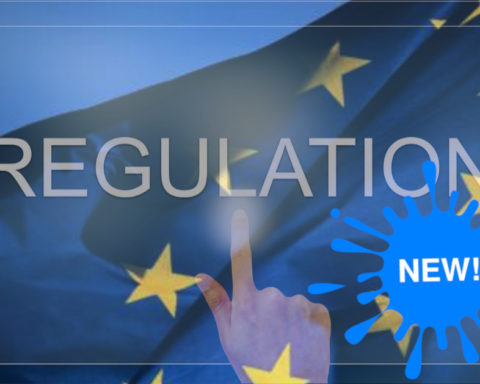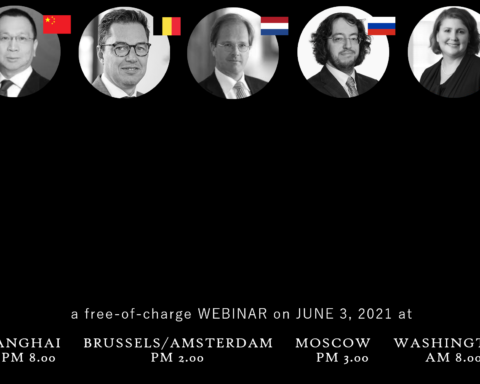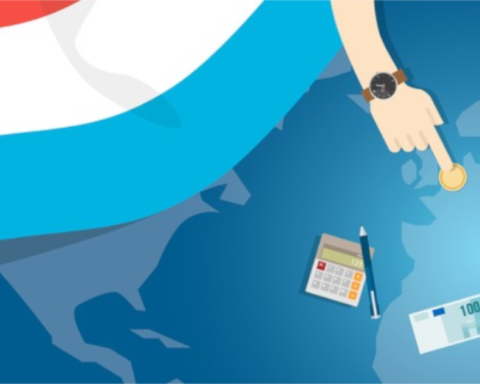On Friday 29 January 2021, the EU Commission revealed measures to control the export of COVID-19 vaccines.The regime provides for an obligation to obtain a prior authorization from the Member State where the goods are produced, which in turn requires a disclosure of information relating to exports performed over the last three months.
By Bert Gevers, Gerard Kreijen & Olivier Coulon, Loyens & Loeff
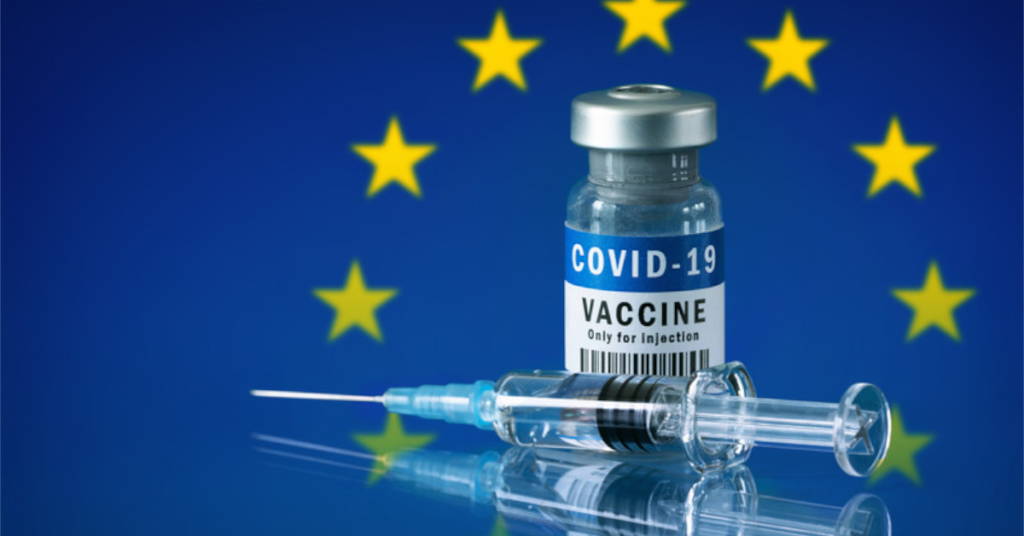
The decision (accompanied by a Q&A) comes after a quick escalation of the tensions between the EU Commission and the pharma companies, triggered by Astra Zeneca’s announcement that it would only be able to deliver a fraction of the foreseen doses – an unacceptable outcome in the eyes of the EU Commission which negotiated the Advance Purchase Agreement on behalf of the EU Member States and pre-financed the research and production.
According to the EU Commission, the controls on export are meant to ensure the doses it had secured are not exported outside the EU territory.
In its current version, the regulation imposes a prior authorization requirement for exports of vaccines against SARS-related coronaviruses (SARS-CoV species) falling under CN code 3002 20 10, irrespective of their packaging and of active substances including master and working cell banks used for the manufacture of such vaccines.
The authorization, to be delivered by Member States where the relevant products are manufactured, will require Member State verification that “that the volume of exports is not such that it poses a threat to the Union APAs concluded with vaccines manufacturers” – a provision that possibly goes further than a simple verification as to the original intended use of the shots, and it provides for the possibility to prevent exports to ensure proper supplying of the EU market.
While the regulation waives the obligation of prior authorization for exports destined to 92 low and middle-income countries, the original version of the text also imposed controls on vaccines destined to Northern Ireland. The mechanism, an emergency clause to be found in the Brexit deal, would have made checks at the Irish border a very real possibility less than a month after Brexit, in order to prevent shipments entering the UK.
This specific provision generated an uproar – to say the least –, both from outside and within the European Union, forcing the Commission to withdraw the original text.
The regulation now provides for an obligation on Member States to provide the EU Commission with a draft decision within a two days timeframe (possibly extended to four). The EU Commission has then a day to review the draft, and has the power to issue a binding opinion.
In addition, vaccine producers having signed an APA with the EU Commission are required to communicate to the EU Commission and to the relevant Member State all the data concerning their exports in the last three months prior to the entry into force of this Regulation together with the first request for authorization. This information shall include the volume of exports of COVID-19 vaccines, the final destination and final recipients and a precise description of the products. The absence of such information may lead to refusal of export authorizations.
There is little doubt that these new measures, although falling short of a full export ban, will not only have a significant impact for EU producers but will also harden positions in the global race to speedy vaccination.
Authors of this post are:
- EU to control export of COVID-19 vaccines amid supply crisis - February 1, 2021
- Belgium (finally) implements sanctions for violation of the EU Blocking Regulation - June 3, 2019
- Meet OFAC in Brussels and discuss the disruption of export control & sanction regimes by new technologies on 11 June 2018 - May 4, 2018



